Mykolaiv CHP explained why it was impossible to supply the network with fresh water from wells
- News of Mykolaiv
-
•
-

- Alina Kvitko
-
•
-
19:40, 04 December, 2023
It is impossible to drill more wells on the territory of the Mykolaiv CHP to fill the networks with fresh water due to the limited underground water resource.
Dmytro Myroshnychenko, the director of Mykolaiv CHP, told about this in a comment to NikVesti.
According to Dmytro Myroshnichenko, the Mykolaivoblteploenerho utility company operates 92 boiler houses located throughout the city, each of which has its own well for water intake. In the case of thermal power plants, the source of heat production is located in one place, and they produce heat equal to the amount of three or four of the largest district heating boiler houses.
«To answer the question why wells were not drilled, you need to look at the technological side of heat production at the CHP. In 2022, in preparation for the heating season, 6 wells were drilled on the territory of the thermal power plant, their total productivity was about 120 cubic meters of water per hour, and when there were accidents, it was necessary to fill the network with 200-400 cubic meters, that is, the water provided by the wells. was not enough And it is impossible to drill more wells in one place, because the land resource is not enough. We cannot drill wells all over the city, because we supply heat and take water from only one place. All our 46,000 consumers receive heat from only one source,» Dmytro Myroshnychenko explained.
As you know, in preparation for the start-up of heat in 2022, the CHP used mainly water from the Buzki estuary. The systems were 91% filled with pipe-destructive salt water. Another 2% of water was taken from Mykolaivvodokanal and 7% from the company's own wells.
This year, the CHP notes, water from the estuary is used only in emergency situations. Thus, the share of salt water is 8%. 62% of the water in the networks comes from the water supply company, and 30% comes from the CHP's own wells.
As a reminder, the 2023-24 heating season in Mykolaiv began on November 14. As of the evening of November 18, the Mykolaiv thermal power plant company connected only half of the total number of consumers in Mykolaiv to heat. At the same time, in September, the CHP reported that it was 92% ready for the start of the heating season.
As of the evening of November 20, dozens of apartment buildings remained without heating in Mykolaiv. In several districts of the city, repair works of heating networks continued. Then the first deputy of Mykolaiv city mayor Vitalii Lukov announced that they plan to connect all residential buildings of Mykolaiv to heat in a few days.
However, on the evening of November 21, there were still more than 400 apartment buildings in the city without heating.
The Mykolaiv thermal power plant said that delays in the supply of heat to multi-apartment buildings occurred due to large gusts on the main pipelines of the heating lines.
On November 30, the CHP reported that due to emergency works in three more areas of the city, residents will be left without heating again for some time. However, the company immediately announced the good news — according to forecasters, the weather conditions in Mykolaiv are expected to improve.
In addition, the Mykolaiv Regional Military Administration stated that, despite statements about readiness for the heating season, Mykolaiv CHP did not fulfill its promises. In RMA, the enterprise is required to make personnel decisions.
Numerous gusts of CHP networks are connected, in particular, with the fact that last heating season the enterprise used salty water from the estuary, which accelerates the corrosion of already outdated pipes. In contrast to this, purified water from wells was poured into Mykolaivovoblteploenerho, as NikVesti wrote in the article «Winter is near: What will the heating season be like in Mykolaiv?». Thus, the start of both heating seasons began without disruptions and significant accidents in the houses served by the regional heat and power utility.
Recent news about: Heating season


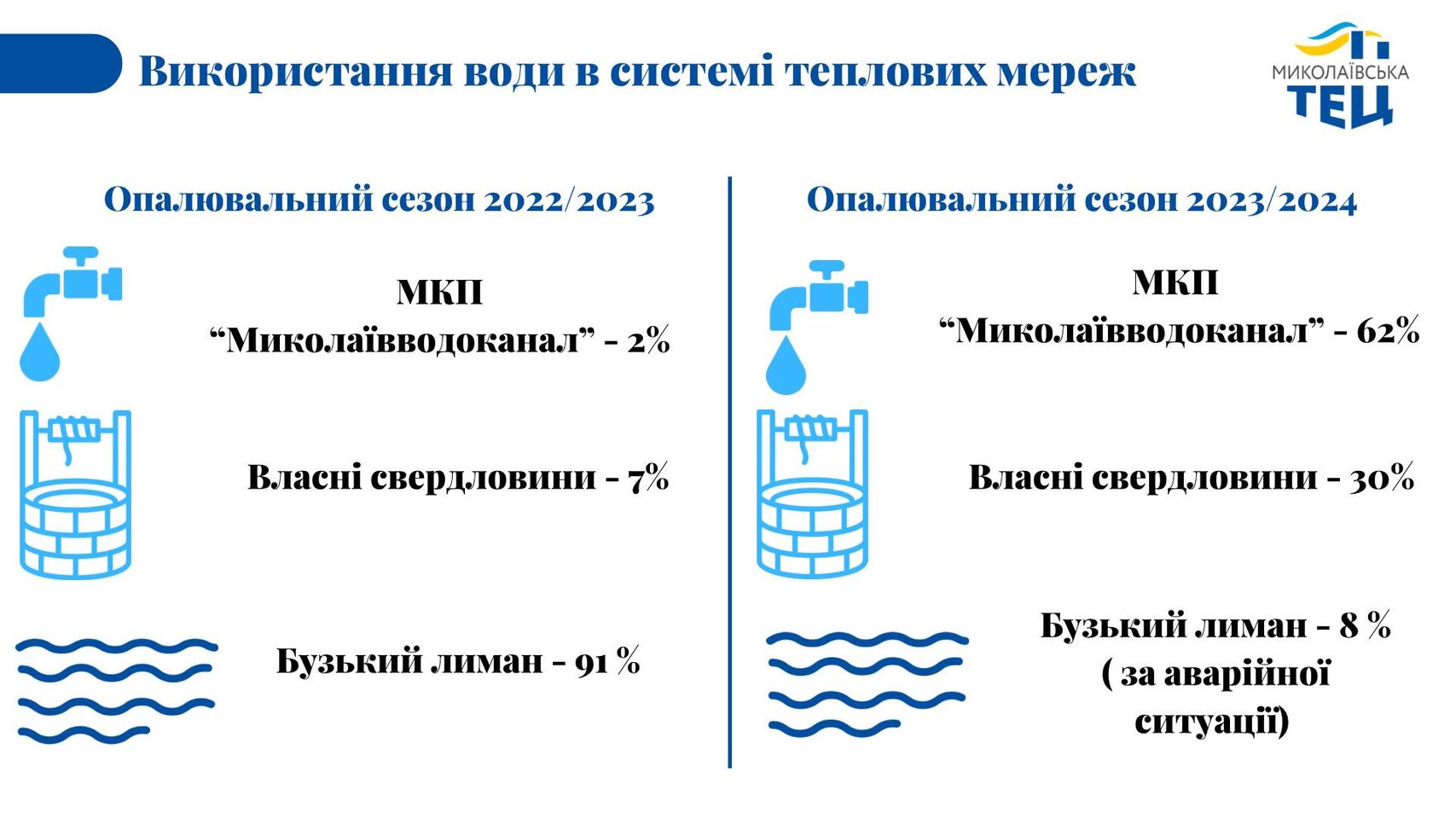

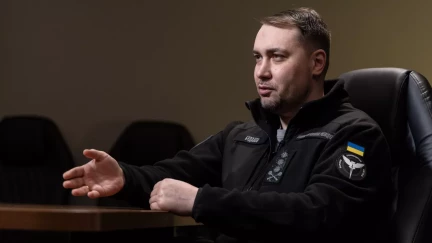



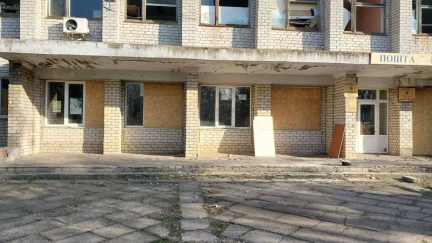
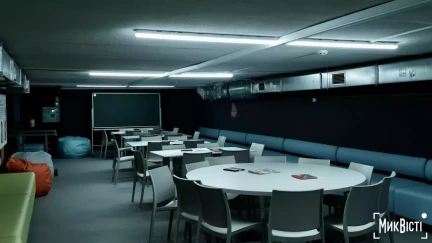
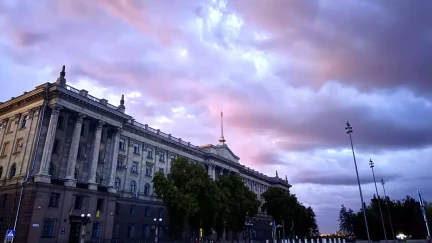

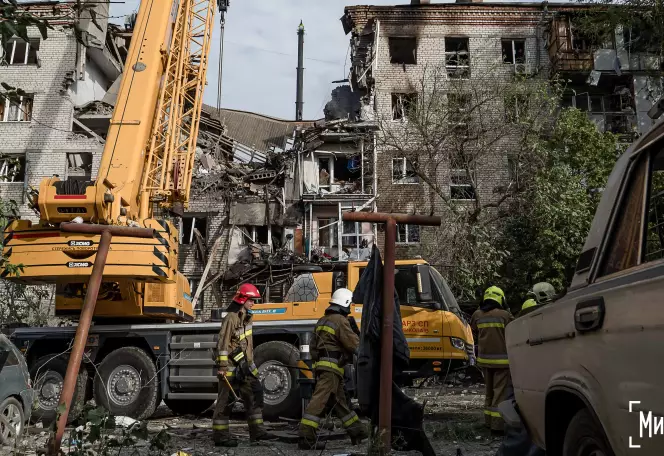
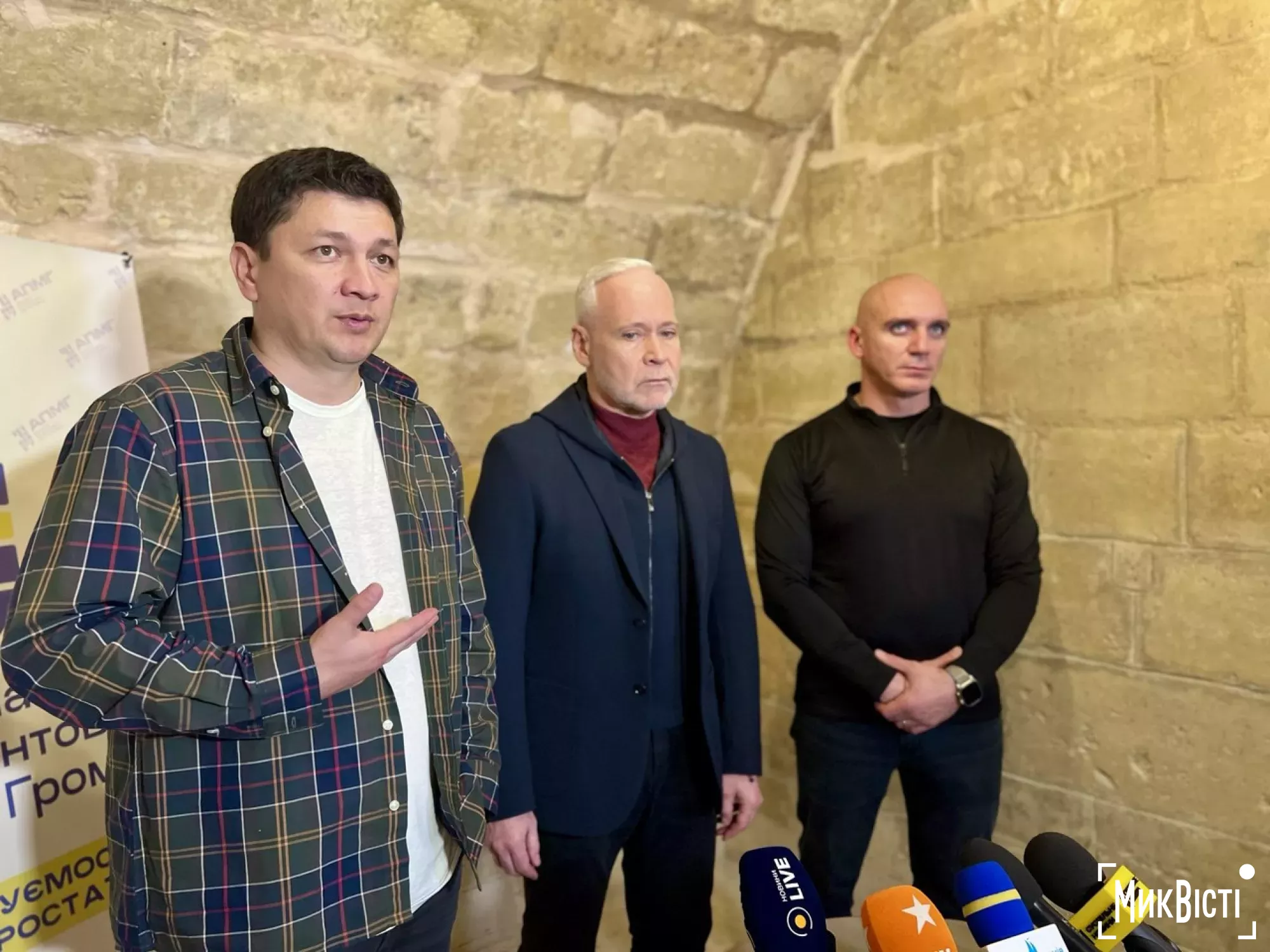
To join the conversation, please log in to the NikVesti website.